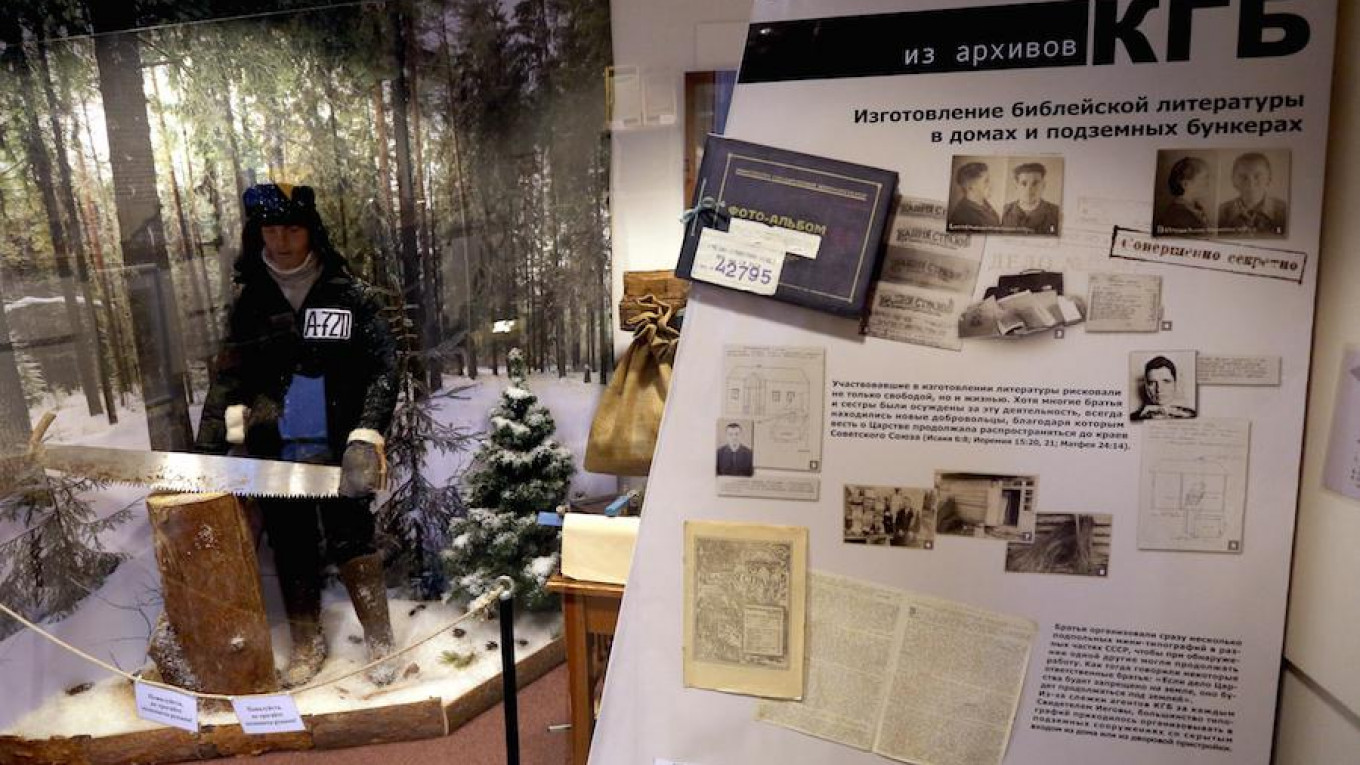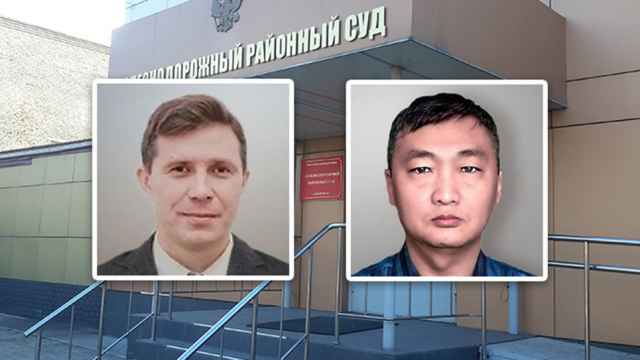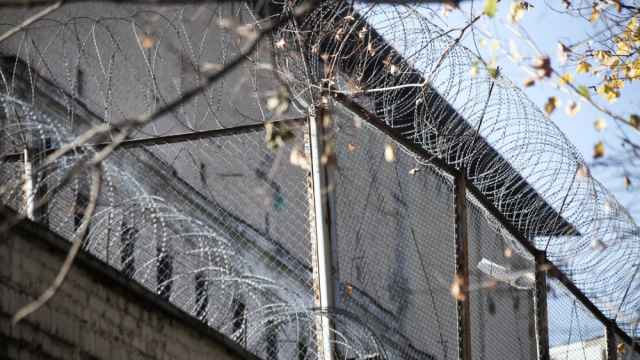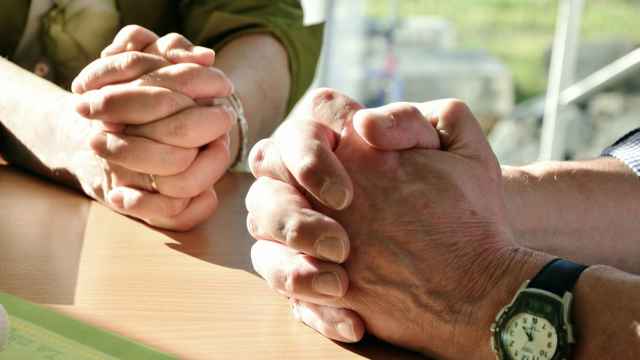This week the Russian Supreme Court declared the Jehovah’s Witnesses an extremist organization. The ruling puts the Witnesses on par with ISIS and al-Qaida. The organization’s national center outside of St. Petersburg will be shuttered, and its members even more vulnerable to arrest simply for practicing their faith.
If the idea of Jehovah’s Witnesses posing any serious threat to national security seems absurd, it is, but it also has long roots in Russian society.
In the Soviet period, Communist Party-sponsored newspapers described the Witnesses as “fanatics” and “sectarians.” Ordinary believers were portrayed as ignorant rubes, duped into the shady underground world of sectarianism by unfortunate life circumstances and their own gullibility. The Soviet press drew an even less flattering portrait of elders in the Witness congregations, who were described as criminals, Nazi collaborators, drunkards, wife-beaters, deadbeats, and con-men.
When the Soviet Union collapsed, no one ever apologized for this disinformation or told the Russian people that the state had misjudged the Witnesses. On the contrary, the now-private media quickly seized on stale, anti-cult rhetoric of their Western counterparts.
Witnesses were no longer “anti-Soviet,” but they were still “sectarians” who “brainwashed” vulnerable citizens into joining a “totalitarian cult” that turned members into “zombies.”
Newspapers recounted horror stories of young people who fell into the Witnesses’ clutches, and desperate parents who called on the state to save their children from this predatory organization. It is little wonder that Russians developed a negative view of Witnesses.
The news media presented an image of the group as fundamentally incompatible with the new democratic system. By that logic, restricting the Witnesses actually upheld democratic values, while allowing Witnesses to “recruit” members denied citizens their basic freedoms.
First they were anti-Soviet fanatics. Then they were totalitarian sectarians. Now they are extremists.
Prior the ruling, the more than 170,000 Russian Witnesses had legally registered with the government and certainly do not advocate violence against state or society. That may not matter in the end because the demonization of Witnesses has so eclipsed any sense of reality.
Perhaps this is what is most disheartening about the recent legal battle. The state may be the central actor, but its actions reflect the popular will of Russians who, by and large, have decided that Witnesses have no place in their society.
In this regard, even before the court decision, the Witnesses had already lost in the court of public opinion. This is not a good sign for the health of religious pluralism in Russia.
Dr. Emily B. Baran is Assistant Professor of History at Middle Tennessee State University. She is the author of Dissent on the Margins. How Soviet Jehovah's Witnesses Defied Communism and Lived to Preach About It.
A Message from The Moscow Times:
Dear readers,
We are facing unprecedented challenges. Russia's Prosecutor General's Office has designated The Moscow Times as an "undesirable" organization, criminalizing our work and putting our staff at risk of prosecution. This follows our earlier unjust labeling as a "foreign agent."
These actions are direct attempts to silence independent journalism in Russia. The authorities claim our work "discredits the decisions of the Russian leadership." We see things differently: we strive to provide accurate, unbiased reporting on Russia.
We, the journalists of The Moscow Times, refuse to be silenced. But to continue our work, we need your help.
Your support, no matter how small, makes a world of difference. If you can, please support us monthly starting from just $2. It's quick to set up, and every contribution makes a significant impact.
By supporting The Moscow Times, you're defending open, independent journalism in the face of repression. Thank you for standing with us.
Remind me later.






